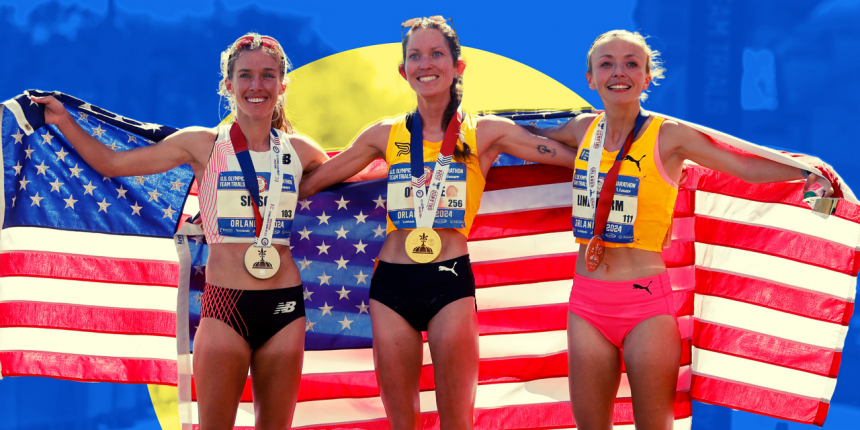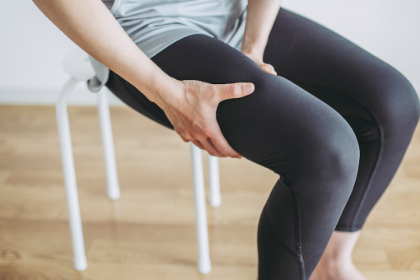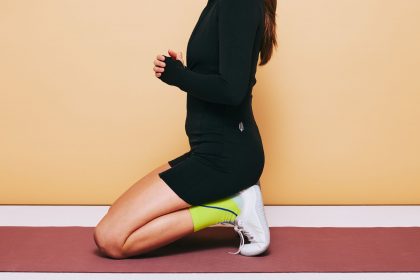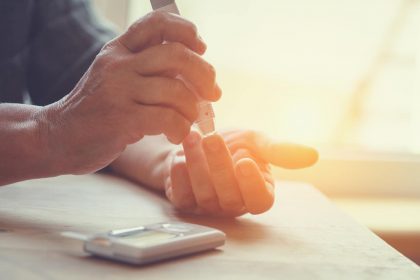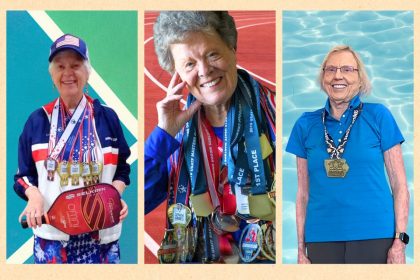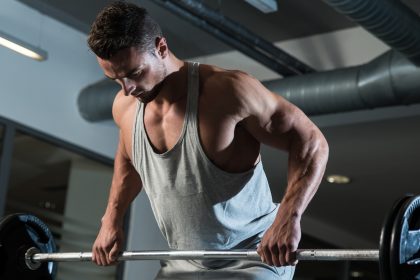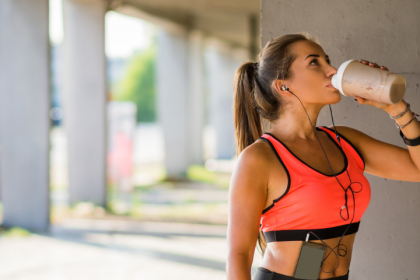At the Olympic Trials, Sisson, 32, was asked on the awards stage how she calms her nerves before a race like the Olympic marathon. “I’m married to a therapist, so he helps a lot with this stuff,” she said, laughing.
It probably also helps to know you’re the fastest US female marathoner in history. Sisson set the American record of 2:18:29 at the 2022 Chicago Marathon, where she finished second. And from that day forward, a lot of fans considered her a lock to make the Olympic team.
She wasn’t always an ace at 26.2 miles, though. At the 2020 Olympic Marathon Trials, she dropped out at around mile 22, though she later earned an Olympic spot in the 10,000 meters at the pandemic-delayed track and field trials. After Tokyo, Sisson returned to marathon training, twice racing in Chicago and finding her groove at the distance.
Before she knew it, the Olympic cycle started up again and it was time to start focusing on the 2024 Marathon Trials. She came into it with more miles under her belt and more experience racing the distance, sure, but also a little more wisdom: She’s taking the time to dig into the root causes of recurring issues, like the side stitches she’s gotten in several races, possibly caused by a biomechanical problem related to her running form, she says.
“There’s probably more to take away from the days that don’t go well than the ones that do,” Sisson tells SELF. “At the 2024 trials, I think I handled the distance really well. I feel like my body’s getting stronger and the 26.2 miles is a little less daunting and scary.”
Sisson prepared for the Florida heat by training in Phoenix, one of her home bases, and in Orlando, as well as in Flagstaff, Arizona, for altitude work. (She also did some stints at her home in Rhode Island, near her longtime coach Ray Treacy). Going into Paris, she’s been focusing a lot more on hill work.
While she’s out logging up to 130 miles or so a week, she doesn’t think too much about who she’ll see on the starting line in August. Instead, she is focused on obtaining as much fitness as possible while staying as healthy and injury-free as she can—those are the “controllables” Sisson keeps at the forefront.
“I only have control over what I can do to get myself there,” Sisson says. “If I’m worried about what someone else is doing, I’m not focused on what I’m doing.”
She’s also looking forward to looser restrictions in Paris, which will be a far cry from Tokyo, during which COVID-19 rules prohibited athletes from having family and friends there and required them to leave within 48 hours after their competition. This time? Her supporters, including her therapist husband, Shane Quinn, will be cheering her on, and after the closing ceremony, she’ll be off to a vacation in Nice.
When Sisson contemplates how she might leave the Paris Games feeling satisfied with her performance, she says, aside from her results, she wants to simply feel like she couldn’t have done anything more or better on that day.
